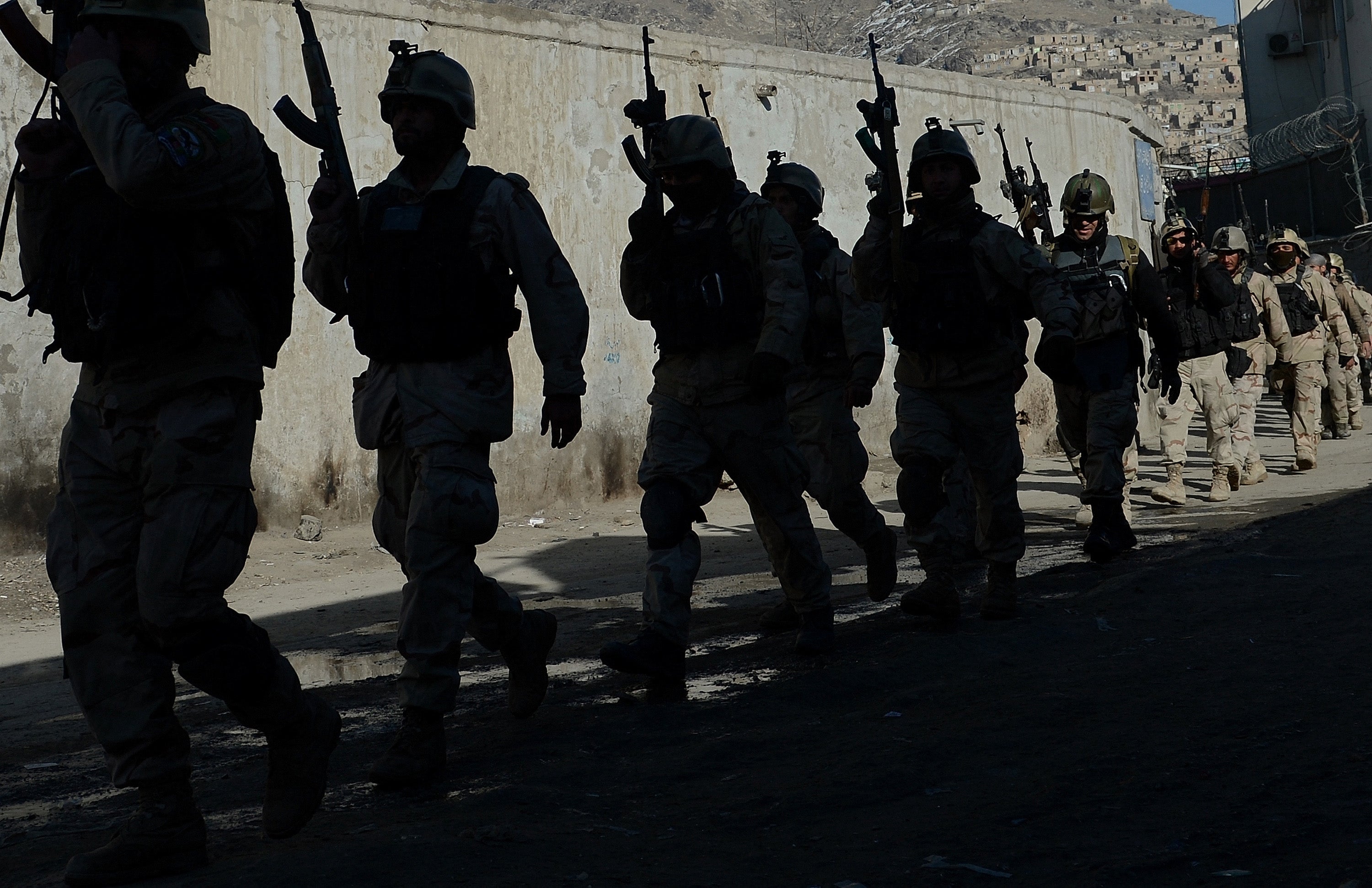At last, we’ve won our campaign to bring Afghan special forces to the UK – but why did it take so long?
It is long overdue and the UK has a lot to answer for. But now is not the time for recriminations, writes Sean O’Grady


There is a great and honourable military tradition of “no one left behind”. In the case of the Afghan special forces serving in integrated operations with British forces, however, that principle was too often left dishonoured, following the hurried allied evacuation in the autumn of 2021.
After a decade of service, too many Afghans who had been trained by, fought with – and paid – by the British government were left to the devices of the Taliban when the fighting stopped. Many went into hiding, some into an uneasy exile in nearby Pakistan – and only some were assisted to come to the UK.
It was an injustice and a betrayal. But now, at last, the new government is going to put things right.
It has taken too long, but it is a matter for bitter-sweet celebration for these brave soldiers and their families now. The Independent is proud, in collaboration with Lighthouse Reports and Sky News, to have campaigned successfully for their clear moral and legal right to be granted asylum.
Their case was and is unassailable. As Major General Charlie Herbert, who worked alongside the special forces and was a senior Nato adviser in Afghanistan between 2017 and 2018, testified: “I can think of no other Afghan security forces who were more closely aligned to the UK than 333 and 444, nor who more loyally or bravely supported our military objectives. That any of them remain in Afghanistan more than two years after the evacuation is abhorrent.”
The “Triples”, nicknamed after their regimental designation numbers, have, at last, been found to have been paid, in effect employed in the service of the crown – and fully legally entitled to be rescued. Whatever the arguments about migration, it is surely accepted that if someone is prepared to lay down their life for their comrades in the British forces in a war that was not even of their own making, then they and their loved ones should not have to face torture and death because of what they did.
They did not expect allies to lose the war – much less be so hurried in their departure – and they acted accordingly in volunteering to fight the Taliban; a notorious regime with no respect for the rules of war or human life.
At last, then, the promise made by the then-British prime minister, Boris Johnson, should be honoured – namely that the UK would do “whatever we can” to ensure that Triples members left behind in Afghanistan, and “get the safe passage they need”. That, at least, is the message of the minister responsible: Luke Pollard.
This is not principally a moment for recriminations, but the story of the Triples raises legitimate questions about what the Ministry of Defence, the Home Office and No 10 were doing in the period since September 2021. The refusal to do the right thing by these Afghan allies was stubborn and protracted – and deployed every possible legal and bureaucratic delaying mechanism.
Without any sense of vindictiveness, the ministers and the officials concerned should be accountable, simply to ensure a clearer protocol about asylum claims by foreign service personnel fighting with, or for, UK forces abroad. Perhaps, then, we will get nearer the ideal that no one is left behind.



Join our commenting forum
Join thought-provoking conversations, follow other Independent readers and see their replies
Comments